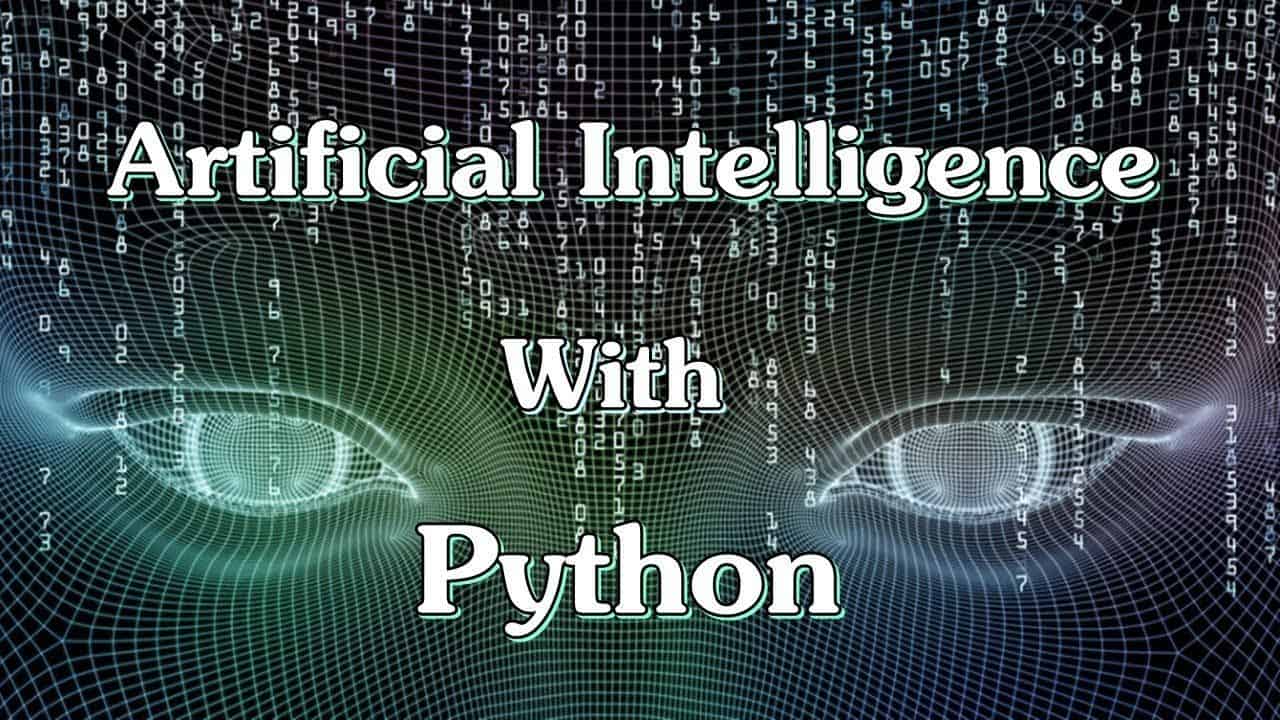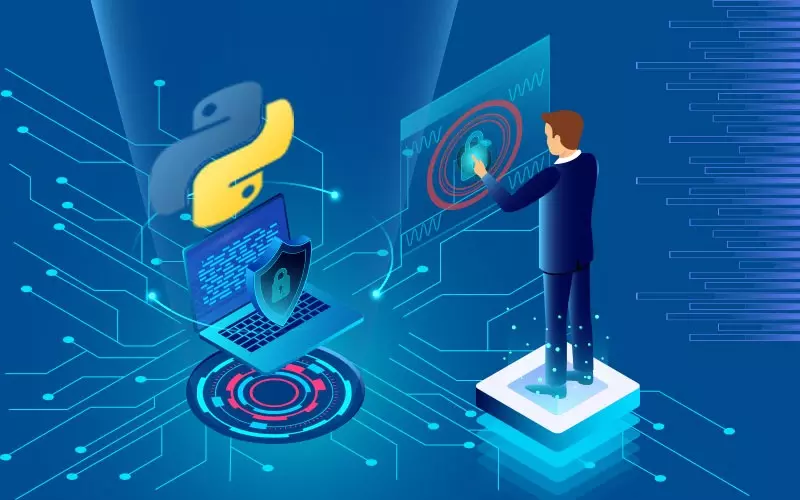Python and Artificial Intelligence: Advancements and Applications in 2023
Introduction
Artificial Intelligence (AI) has revolutionized numerous industries, and Python has emerged as a leading programming language for AI development. In 2023, the synergy between Python and AI continues to thrive, leading to exciting advancements and a wide range of applications. This article explores the latest trends, breakthroughs, and practical implementations of Python in the field of Artificial Intelligence.
Python: The Preferred Language for AI Development
Python’s popularity in the AI community stems from its simplicity, versatility, and extensive collection of libraries and frameworks. Its readability and ease of use make it an ideal choice for developers, data scientists, and researchers alike.
Machine Learning and Deep Learning
Understanding Machine Learning
Machine Learning enables computers to learn from data and make predictions or decisions without being explicitly programmed. Python provides powerful tools like scikit-learn, allowing developers to implement various machine learning algorithms easily.
Harnessing Deep Learning with Python
Deep Learning, a subset of Machine Learning, focuses on training neural networks to perform complex tasks. Python frameworks like TensorFlow and PyTorch empower developers to build and train deep neural networks efficiently.
Natural Language Processing (NLP)
Transforming Text Data with Python
Python’s NLP libraries, such as NLTK and spaCy, facilitate the processing and analysis of human language. These tools enable tasks like text cleaning, tokenization, and part-of-speech tagging.
Sentiment Analysis and Language Generation
Sentiment analysis using Python allows businesses to gain insights from customer feedback and social media sentiment. Additionally, Python’s NLP capabilities support language generation tasks like chatbots and automated content creation.
Computer Vision and Image Processing
Image Recognition and Classification
Python libraries like OpenCV and scikit-image empower developers to build robust image recognition systems. These systems find applications in various domains, including medical imaging, surveillance, and quality control.
Object Detection and Tracking
Python’s computer vision libraries, combined with deep learning frameworks, enable accurate object detection and tracking. This technology finds applications in autonomous vehicles, security systems, and augmented reality.
Reinforcement Learning
Training Intelligent Agents with Python
Reinforcement Learning focuses on training intelligent agents to interact with an environment and maximize rewards. Python libraries such as OpenAI Gym provide a platform for developing and experimenting with RL algorithms.
Applications of Reinforcement Learning
Reinforcement Learning has found applications in robotics, game playing, recommendation systems, and optimizing resource allocation. Python’s versatility allows developers to implement RL algorithms in diverse scenarios.
Python Libraries and Frameworks
TensorFlow
TensorFlow, a popular Python library, offers a flexible ecosystem for building and deploying machine learning and deep learning models. Its extensive community support and rich feature set make it a go-to choice for AI developers.
PyTorch
PyTorch, another widely adopted Python framework, provides a dynamic neural network architecture. Its intuitive interface and efficient computational graph execution make it suitable for research and production use.
Scikit-learn
Scikit-learn is a versatile machine learning library in Python, offering a wide range of algorithms and tools for classification, regression, clustering, and more. It simplifies the development and evaluation of ML models.
Real-World Applications
Healthcare
Python-powered AI systems have made significant contributions to medical diagnosis, drug discovery, patient monitoring, and personalized treatment plans. These advancements are enhancing healthcare outcomes and saving lives.
Finance and Banking
The finance industry benefits from Python’s AI capabilities for fraud detection, algorithmic trading, credit risk analysis, and customer behavior prediction. Python’s reliability and scalability make it a valuable asset in finance.
E-commerce and Retail
Python-driven AI applications improve customer experience through personalized recommendations, demand forecasting, inventory management, and supply chain optimization. These technologies drive revenue growth and customer satisfaction.
Autonomous Vehicles
Python is instrumental in developing AI algorithms for autonomous vehicles, enabling perception, decision-making, and control systems. Python’s versatility and real-time capabilities contribute to the advancement of self-driving technology.
Cybersecurity
With the increasing complexity of cyber threats, Python-based AI solutions enhance security by detecting anomalies, identifying malicious activities, and protecting sensitive data. Python’s agility aids in staying ahead of evolving threats.
Conclusion
In 2023, Python remains at the forefront of Artificial Intelligence development. Its simplicity, extensive libraries, and frameworks make it the preferred language for implementing cutting-edge AI solutions. Python’s applications span various domains, including healthcare, finance, e-commerce, autonomous vehicles, and cybersecurity, driving innovation and improving our lives.
FAQs
What makes Python suitable for Artificial Intelligence development?
Python’s simplicity, versatility, and vast ecosystem of libraries and frameworks make it an ideal choice for AI development. It offers powerful tools for machine learning, deep learning, and natural language processing.
Which Python libraries are commonly used for AI development?
TensorFlow, PyTorch, and scikit-learn are popular Python libraries for AI development. TensorFlow and PyTorch excel in deep learning, while scikit-learn provides a comprehensive set of machine learning algorithms.
What are some real-world applications of Python and AI?
Python and AI find applications in healthcare for medical diagnosis and drug discovery, finance for fraud detection and algorithmic trading, e-commerce for personalized recommendations, and autonomous vehicles for self-driving technology, among many others.
How does Python contribute to cybersecurity?
Python-based AI solutions enhance cybersecurity by detecting anomalies, identifying malicious activities, and protecting sensitive data. Python’s agility allows for quick adaptation to evolving threats.





